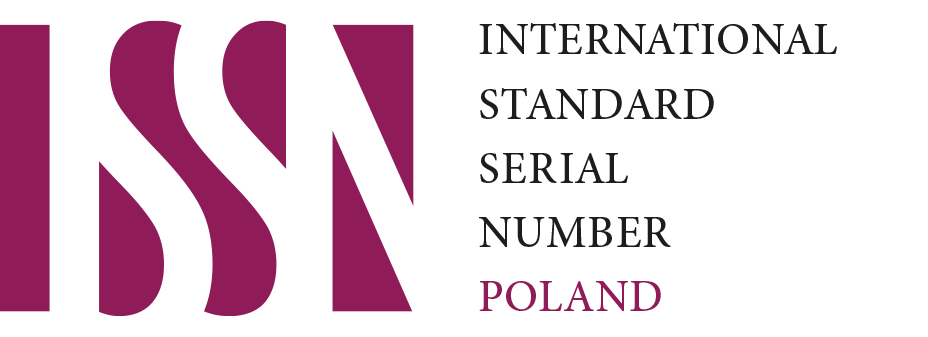INCLUSIVE EDUCATION PRACTICES IN MULTICULTURAL CLASSROOMS: A COMPARATIVE STUDY ACROSS EUROPE
Keywords:
Inclusive Education, Multicultural Classrooms, Teacher PreparednessAbstract
Inclusive education ensures that all students, regardless of background, ability, or social status, have equal access to learning opportunities. With increasing migration and demographic diversity in Europe, classrooms have become multicultural, requiring teachers to adopt effective inclusive strategies. This paper examines inclusive education practices in Austria, Germany, and Sweden, highlighting the relationship between teacher preparedness, institutional policies, and student outcomes. Data were collected from school observations, teacher surveys, and student feedback across 30 schools in the three countries. Results reveal that Sweden’s robust teacher training programs and clear national policies correlate with higher student satisfaction and integration, while Austria shows moderate success and Germany exhibits variability due to decentralized policy frameworks. The study identifies key challenges, including cultural sensitivity, resource allocation, and professional development needs, and offers recommendations for policymakers and educators to strengthen inclusive practices.
Downloads
Published
Issue
Section
License
Copyright (c) 2025 World Bulletin of Education and Learning

This work is licensed under a Creative Commons Attribution 4.0 International License.






